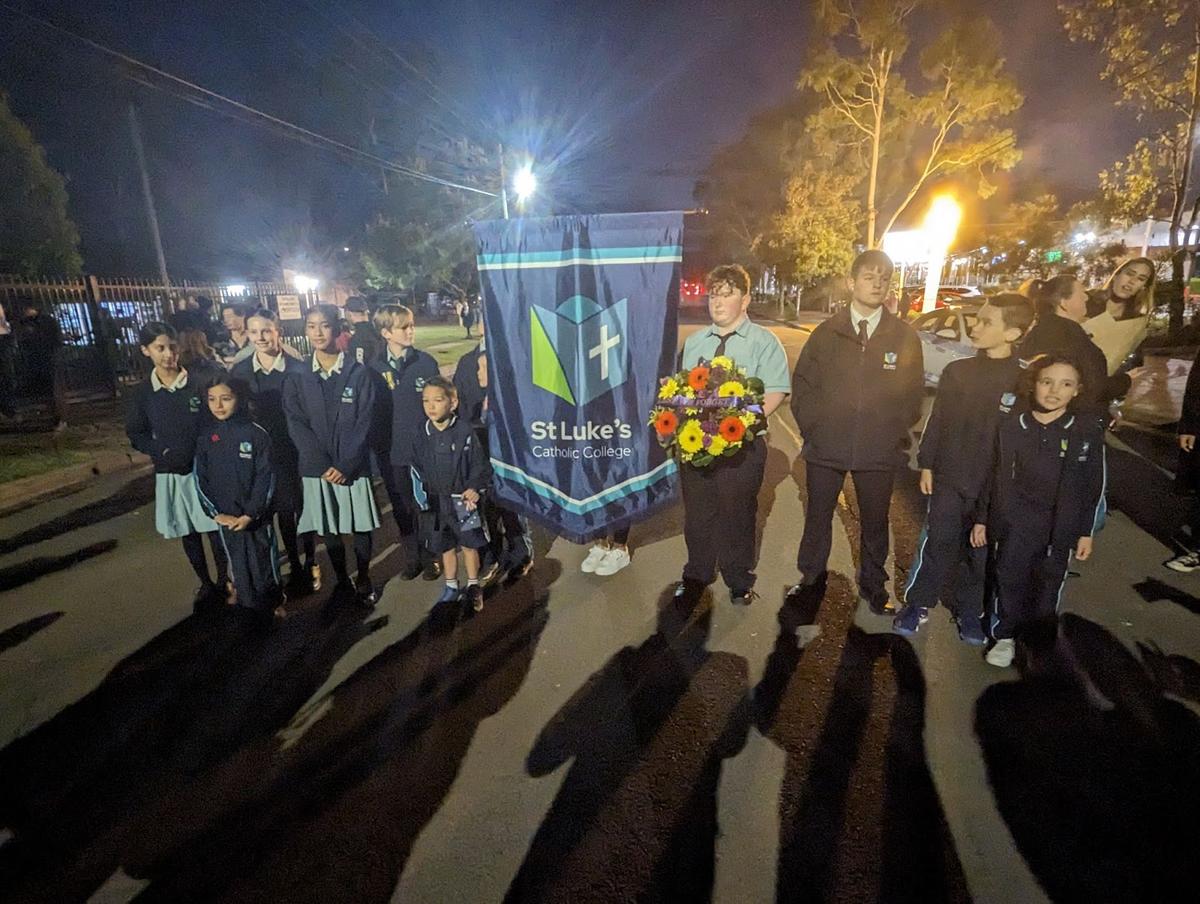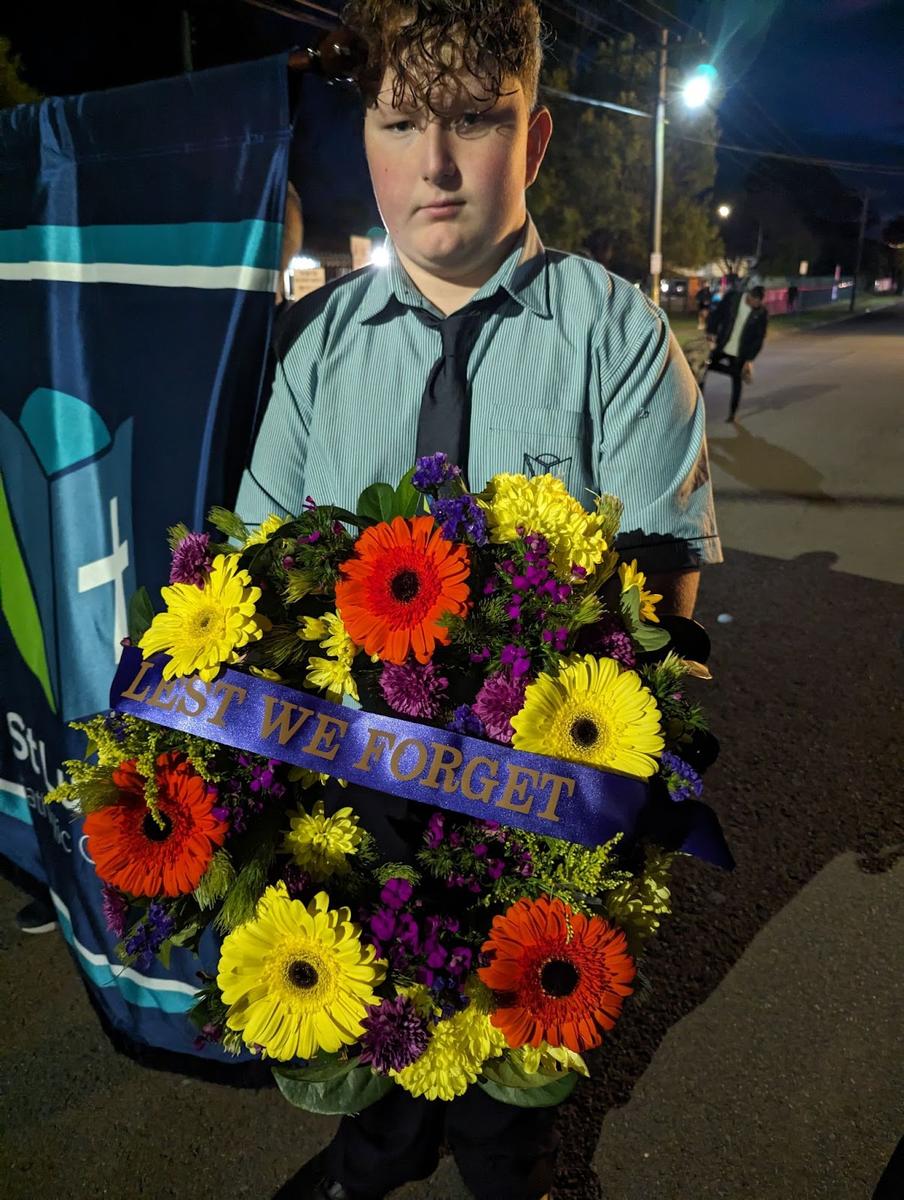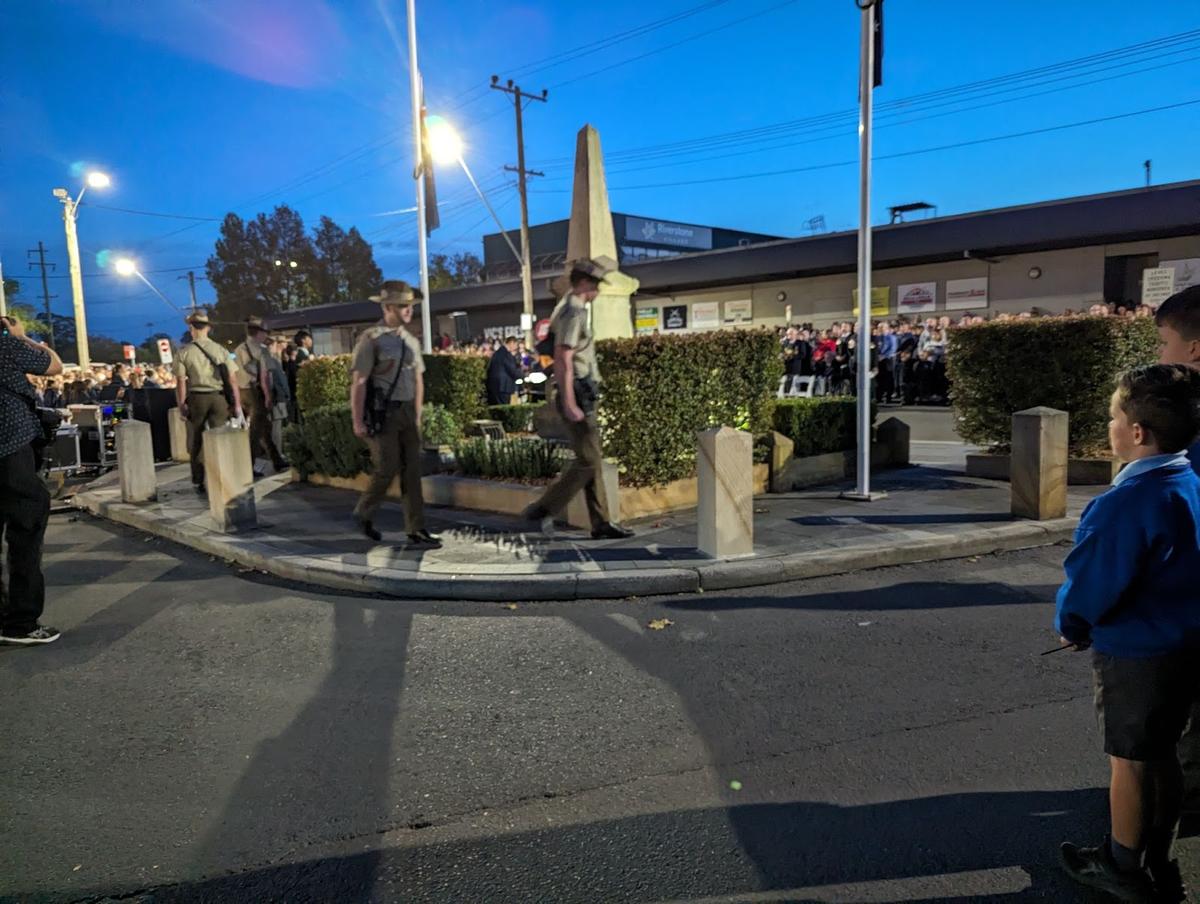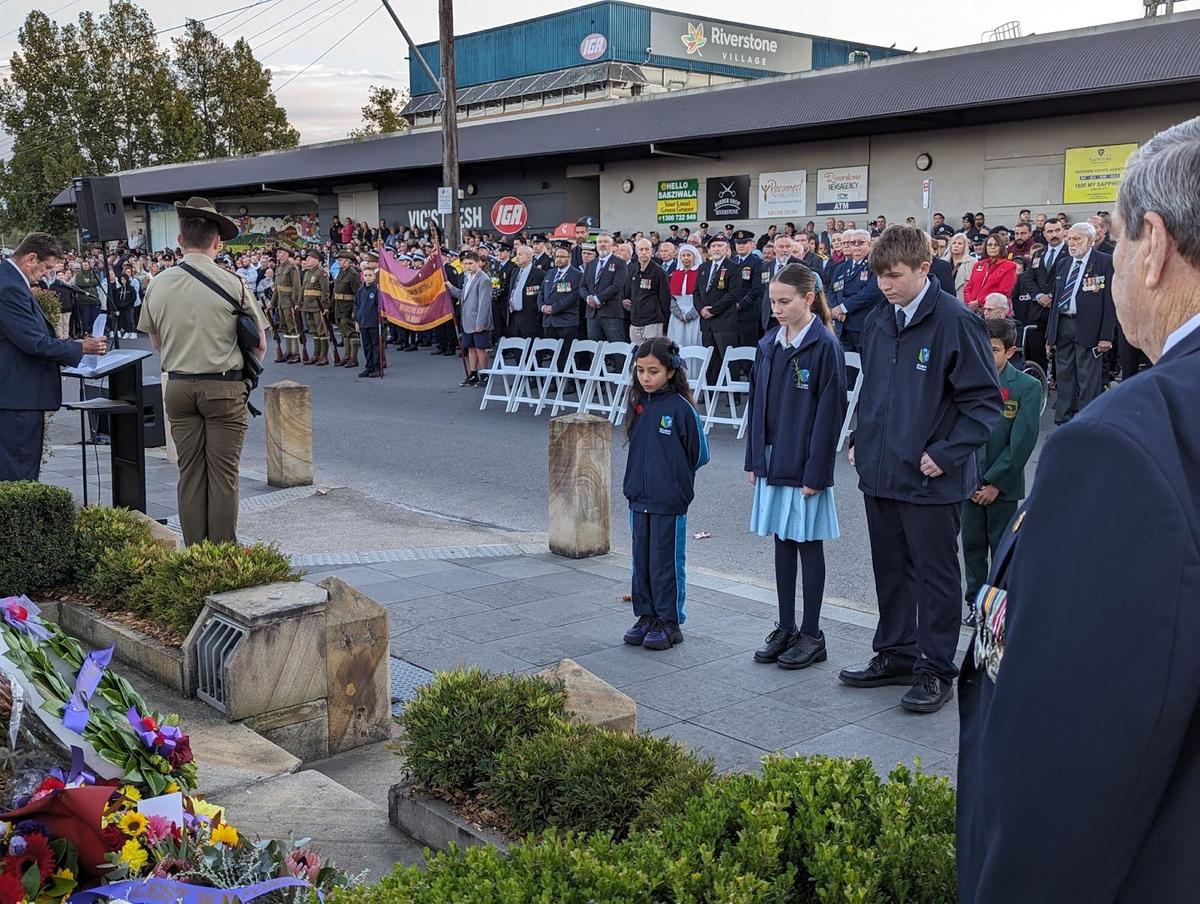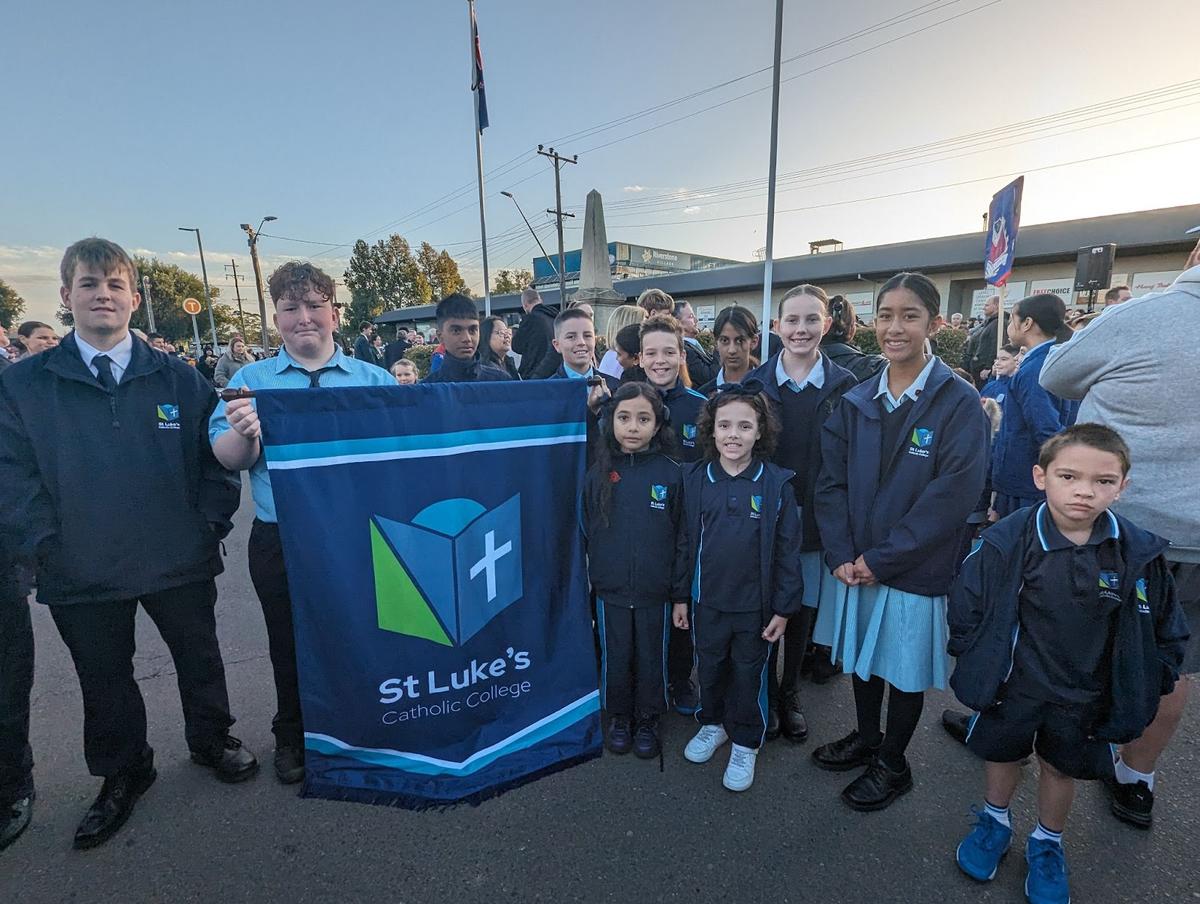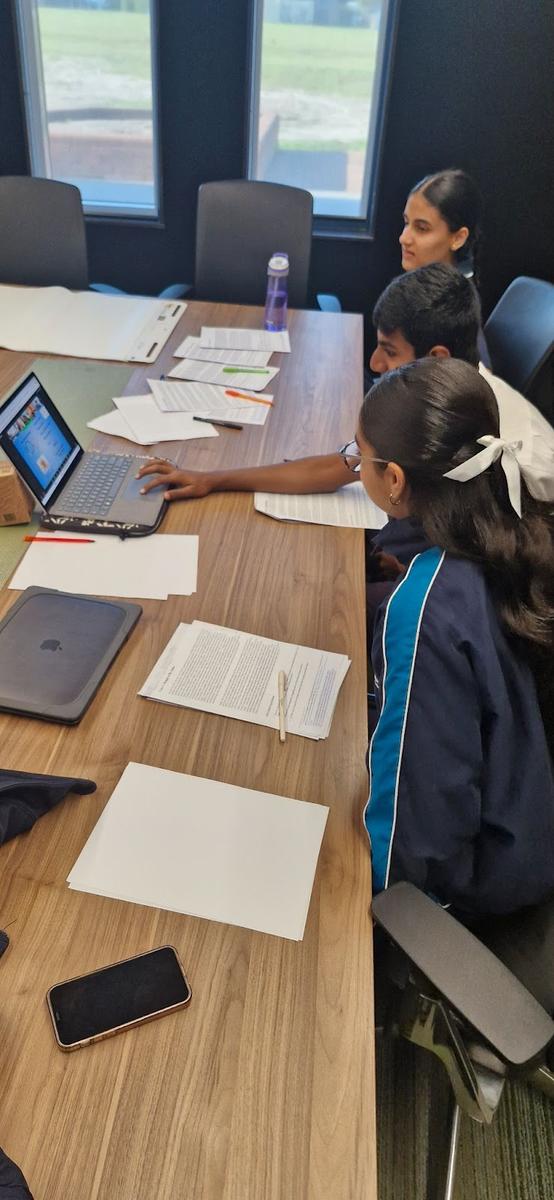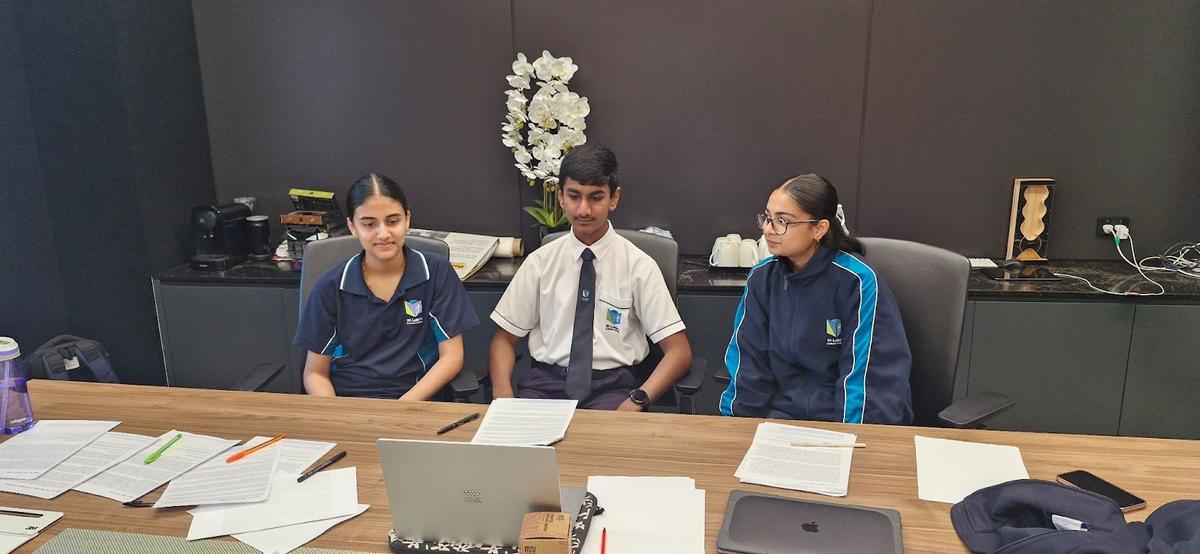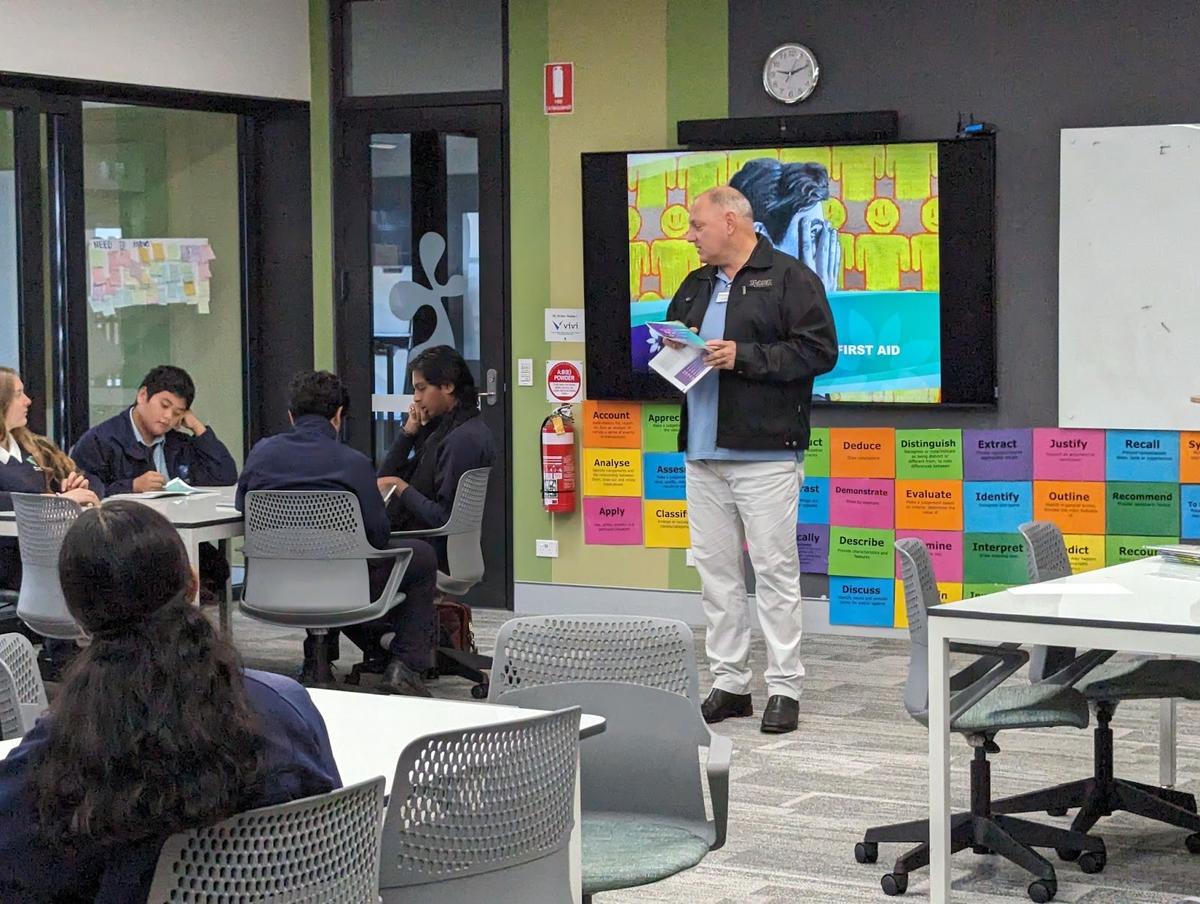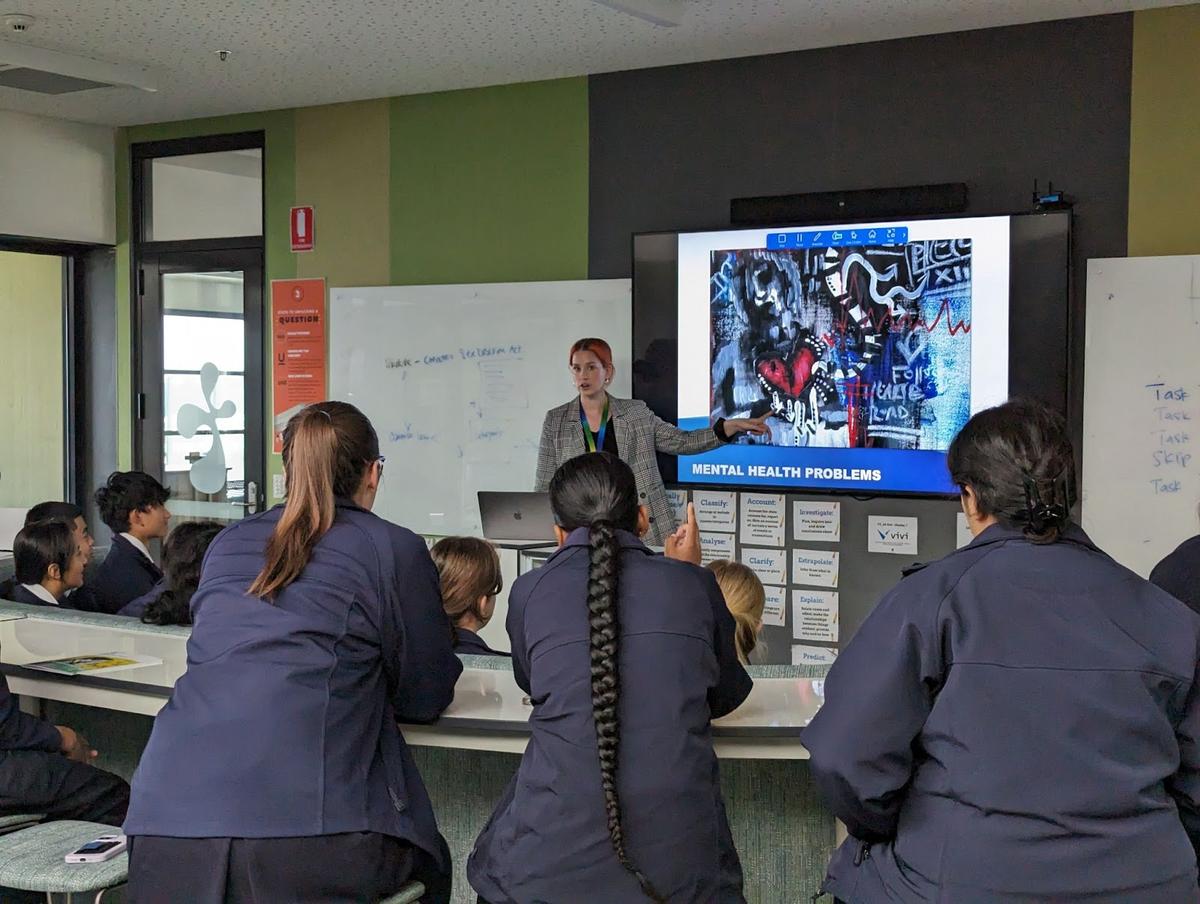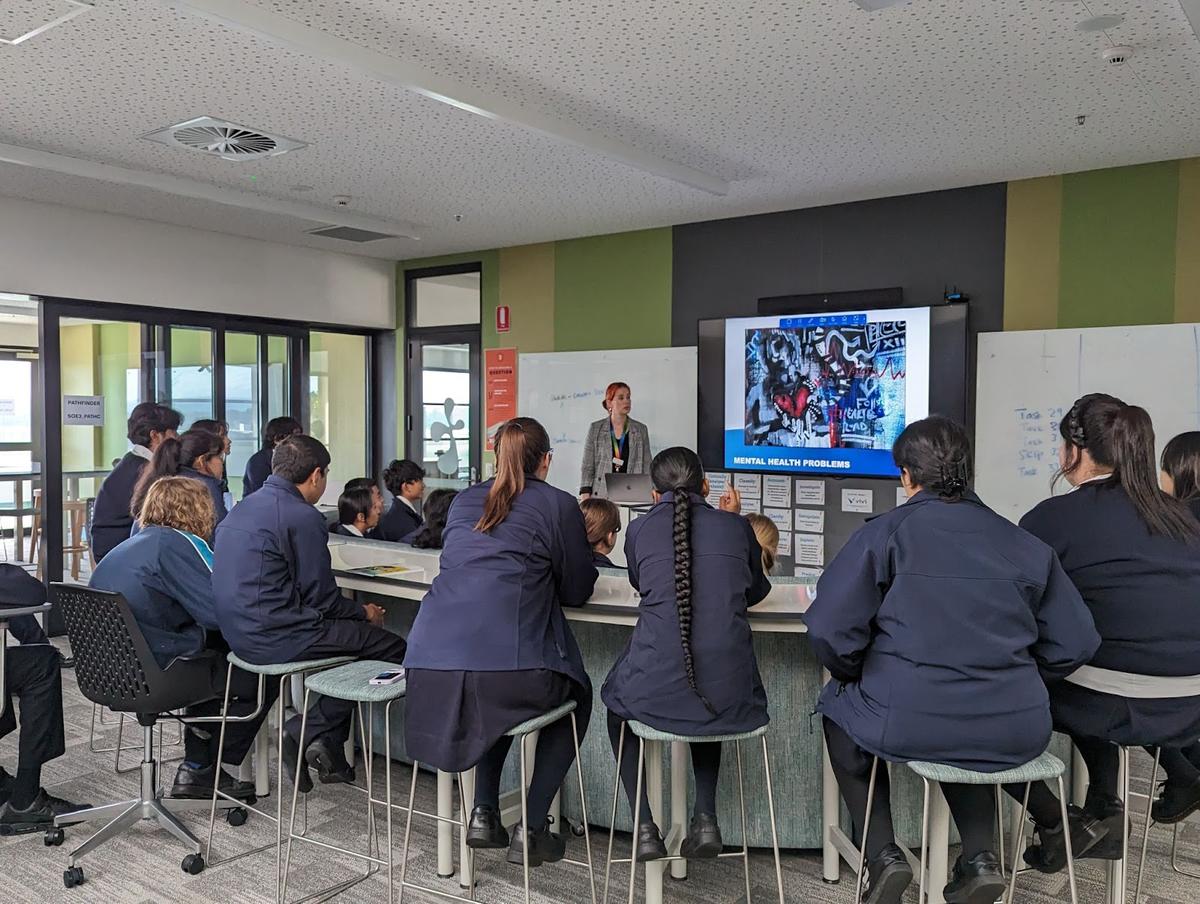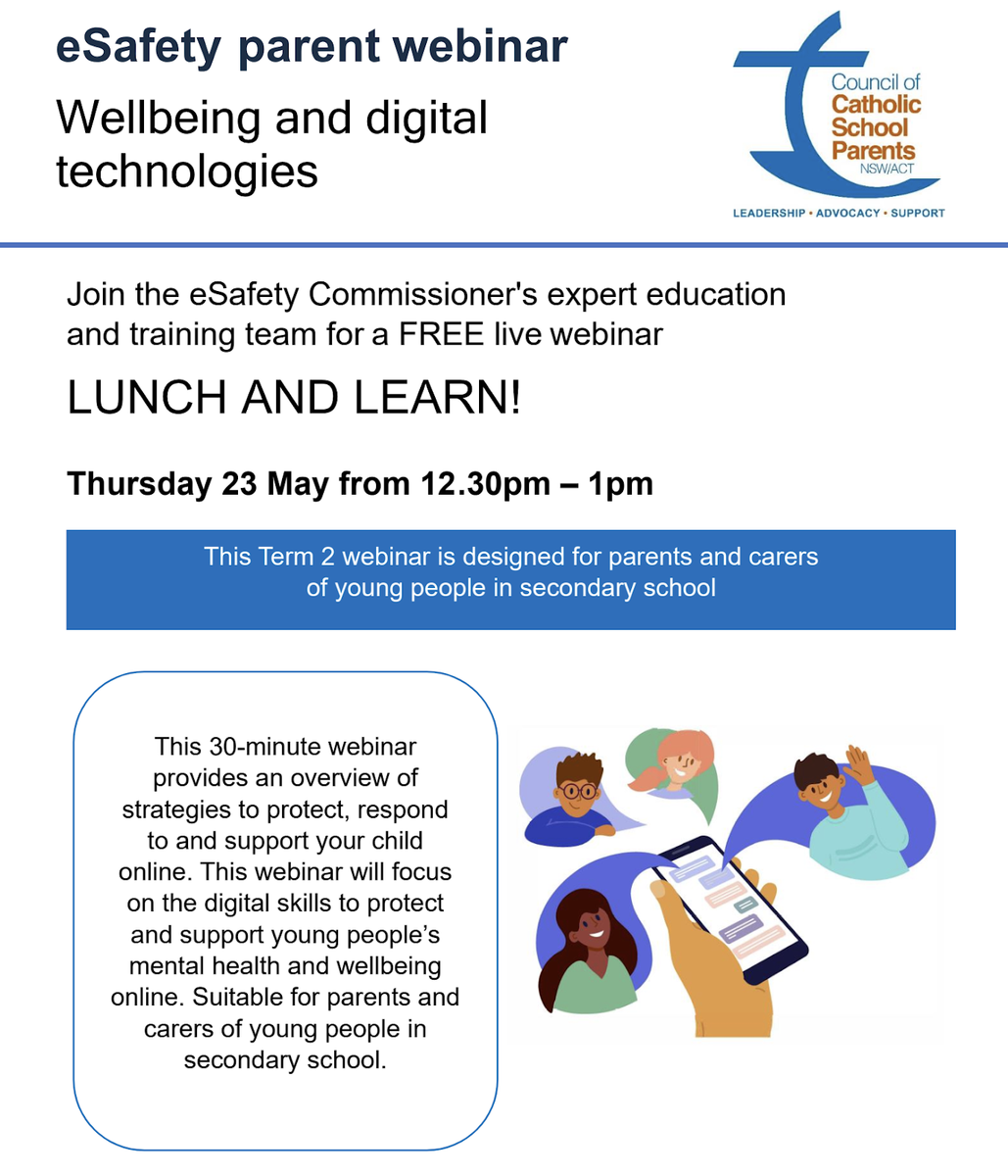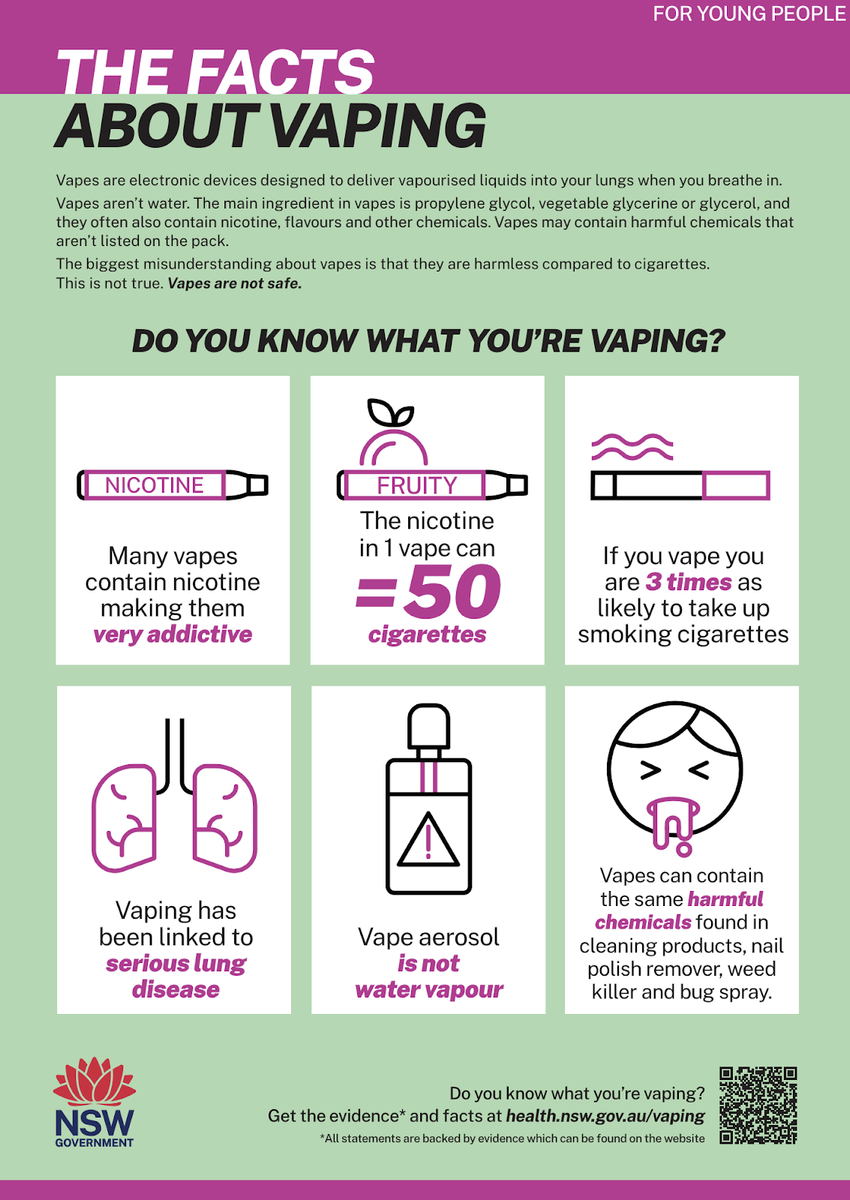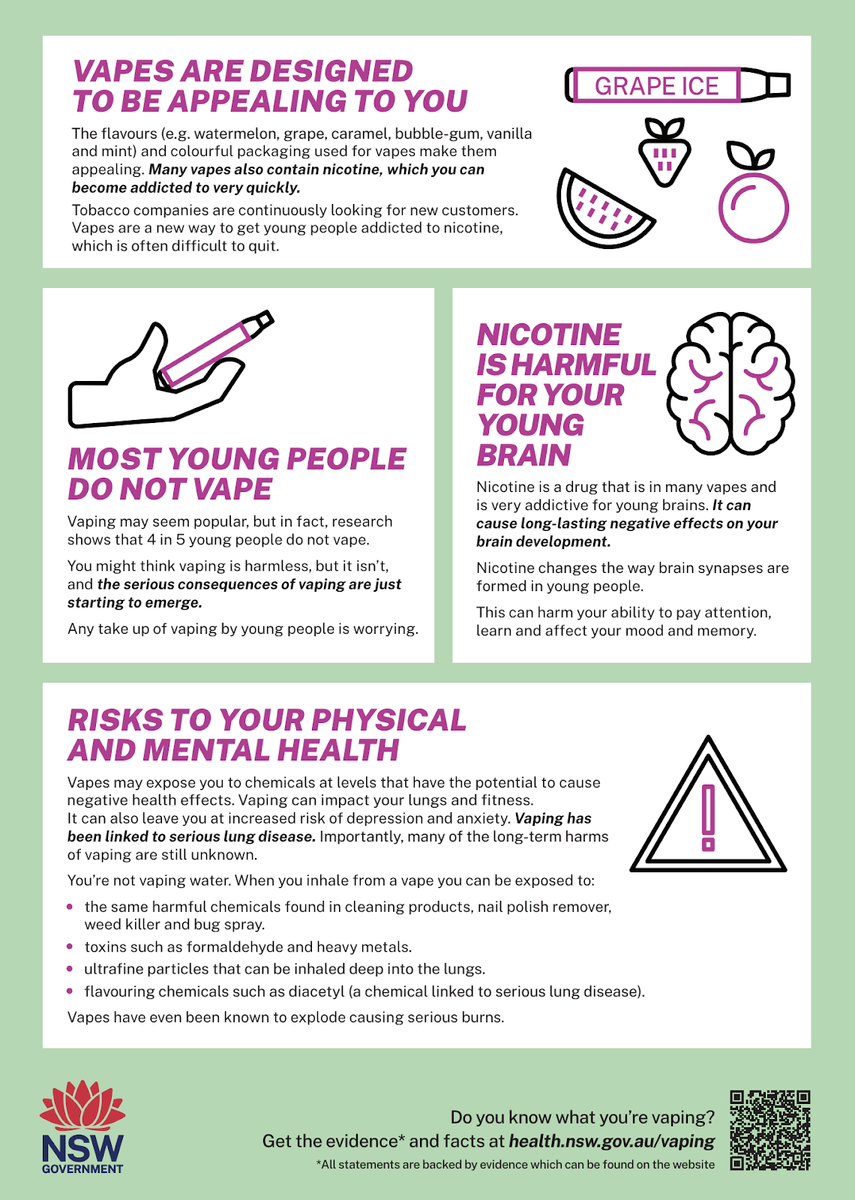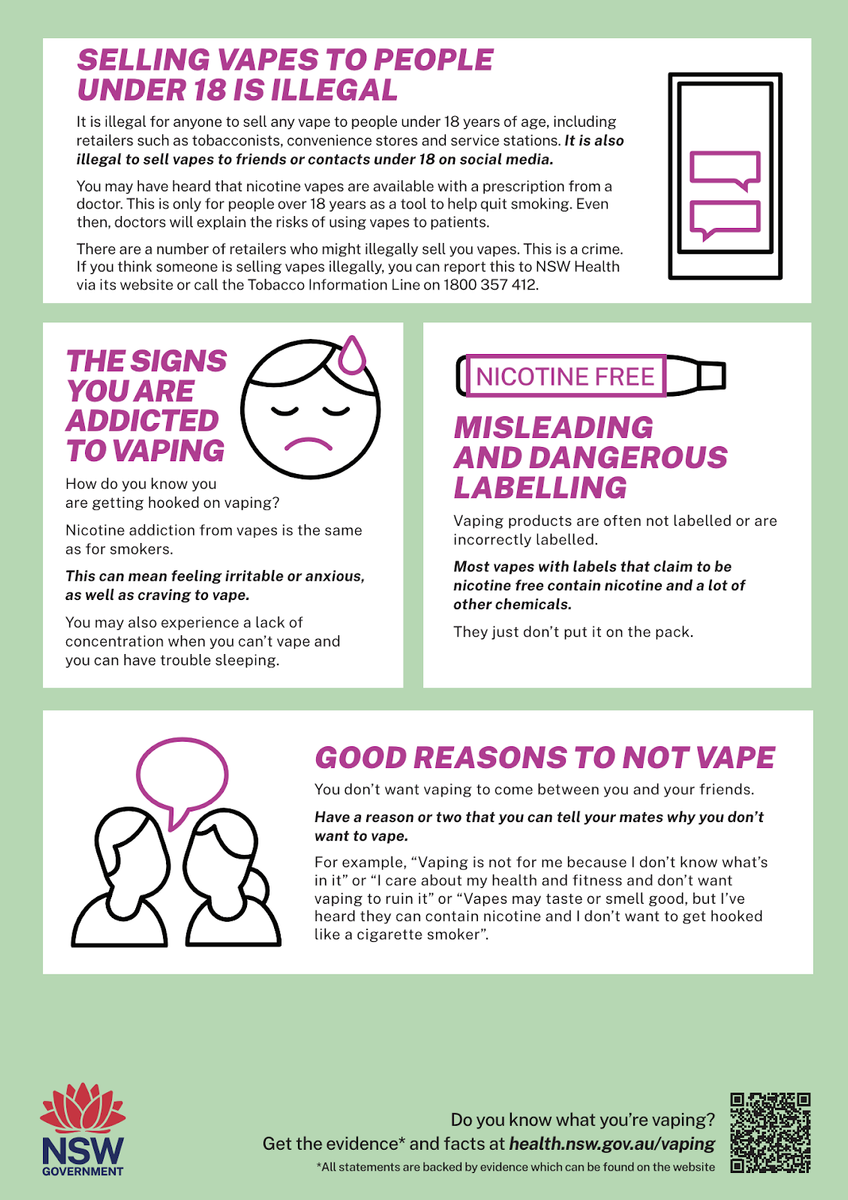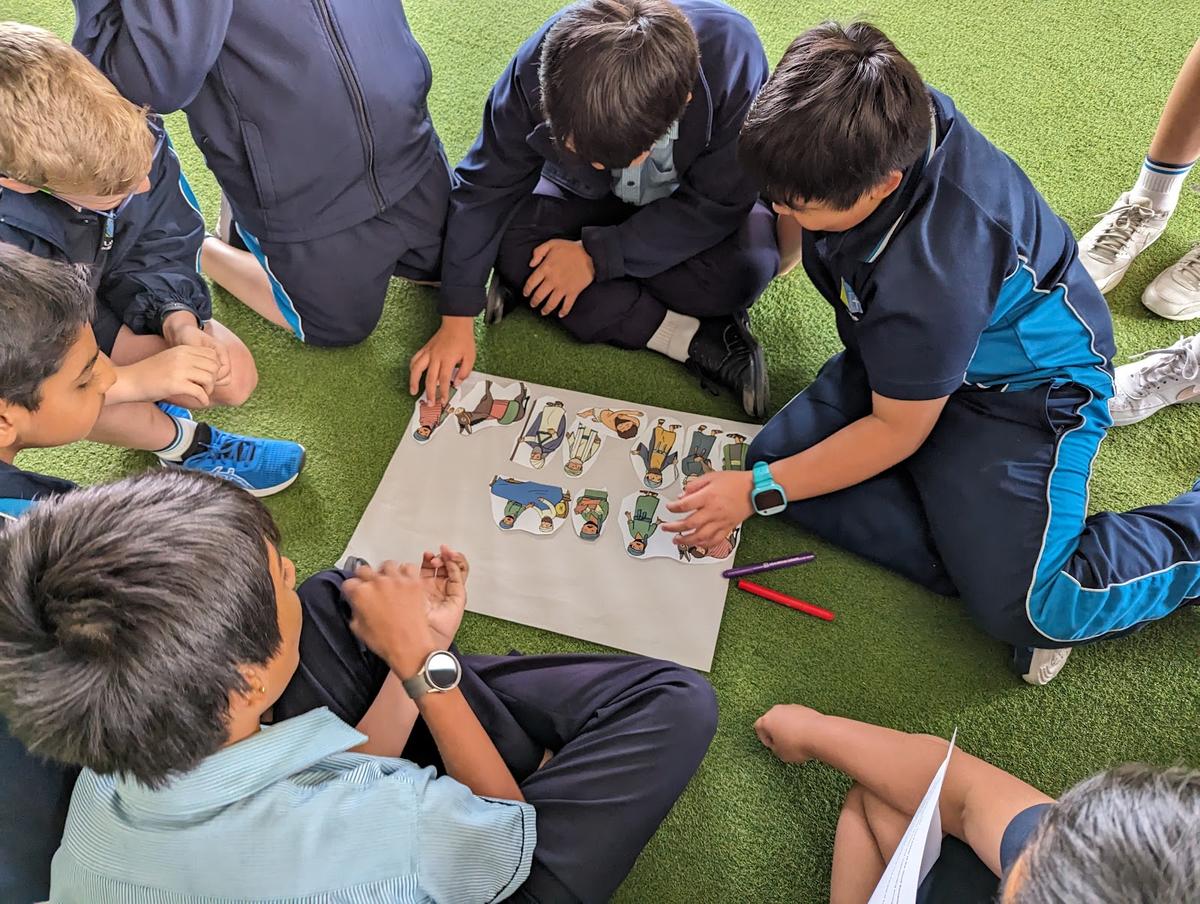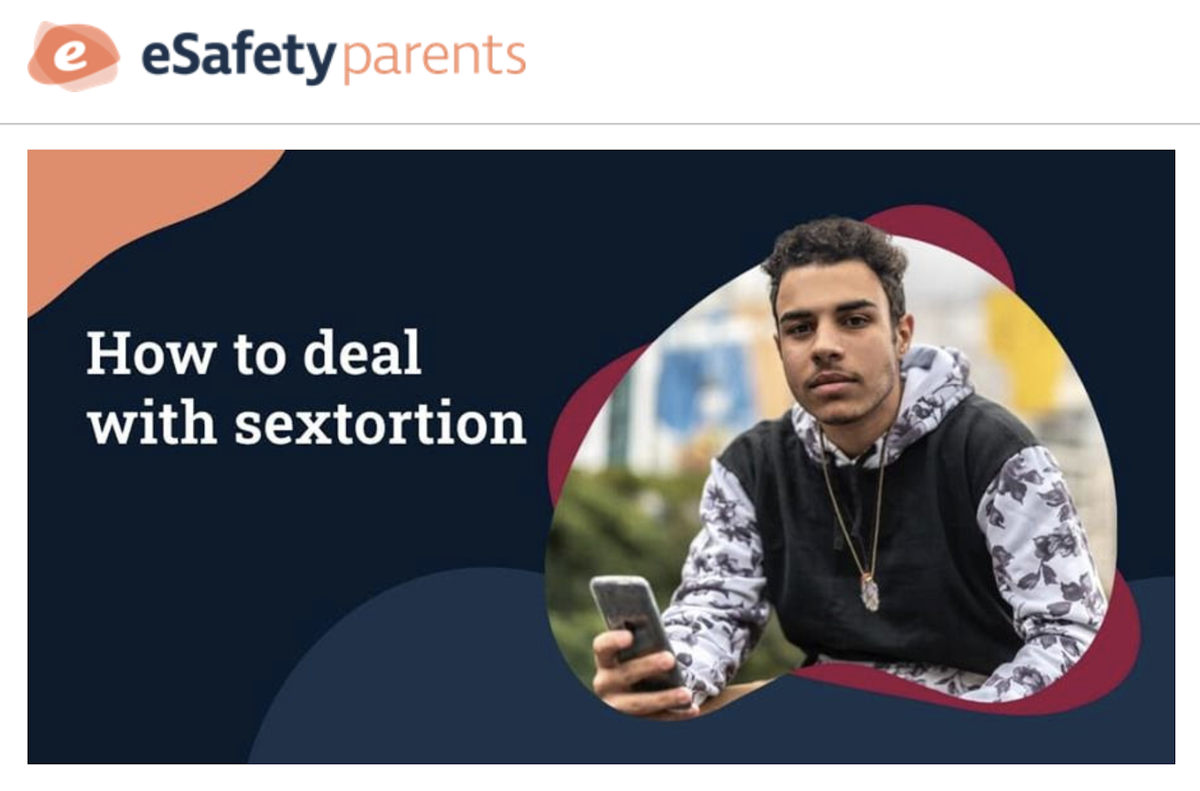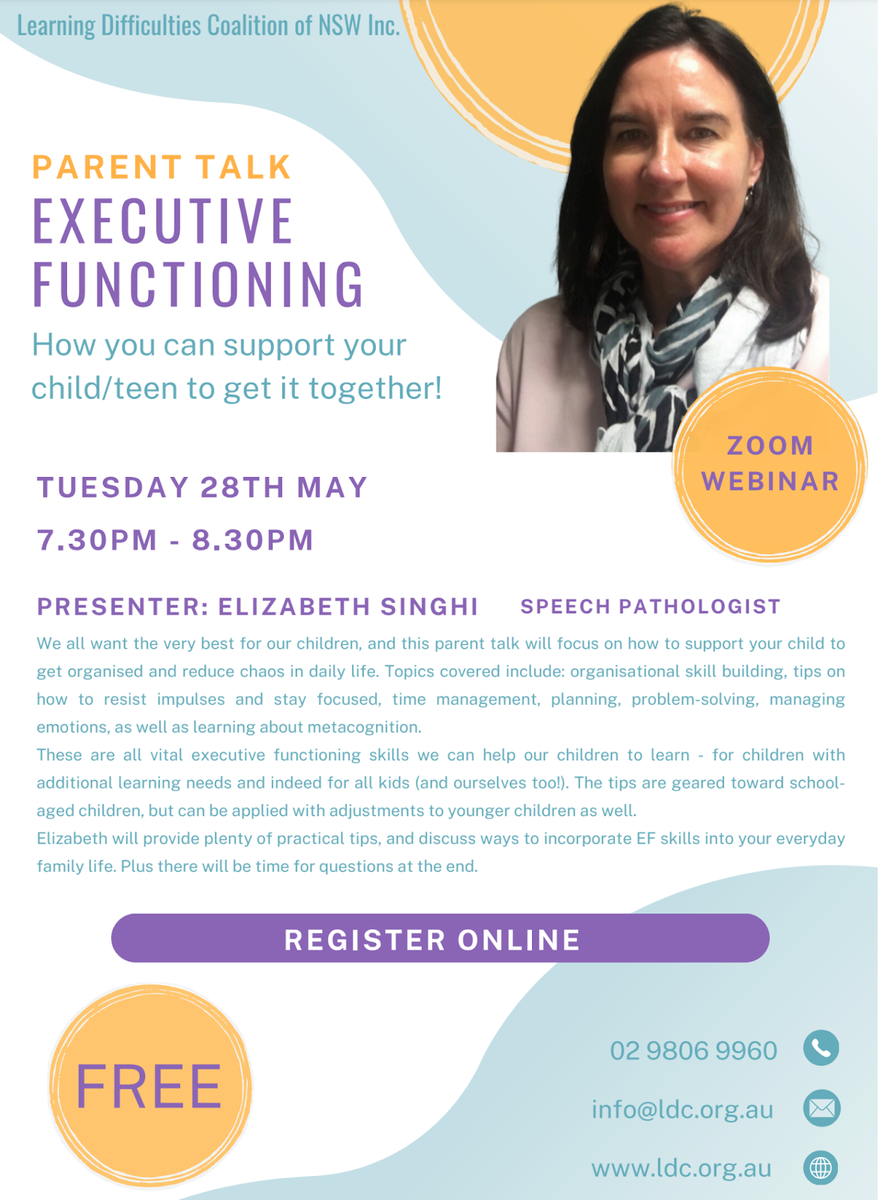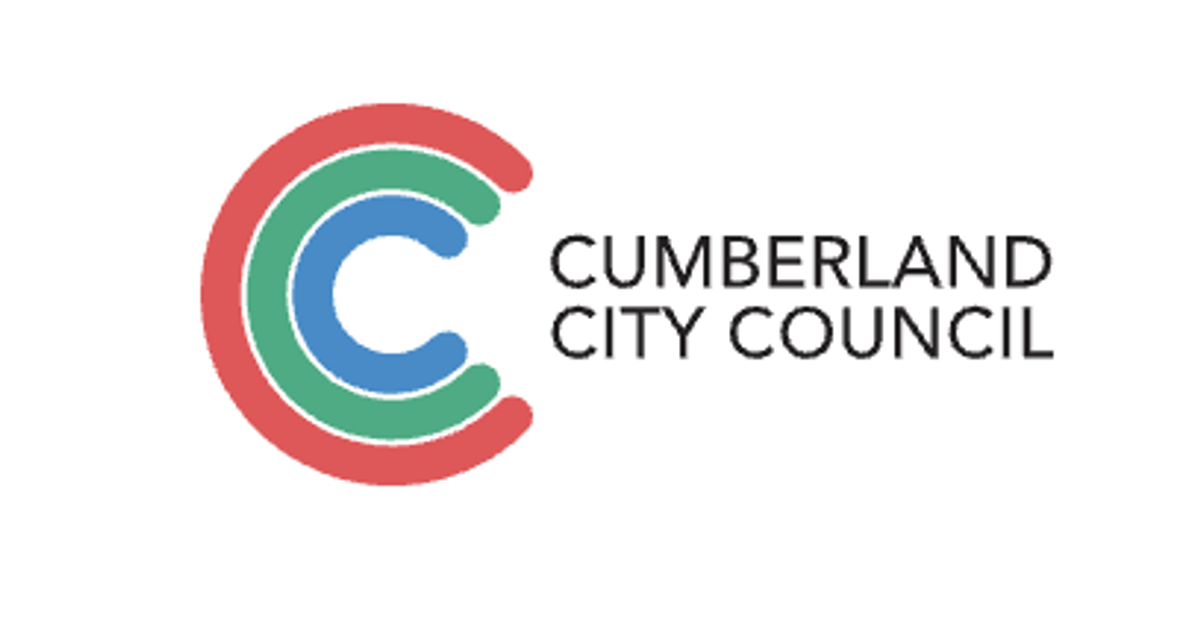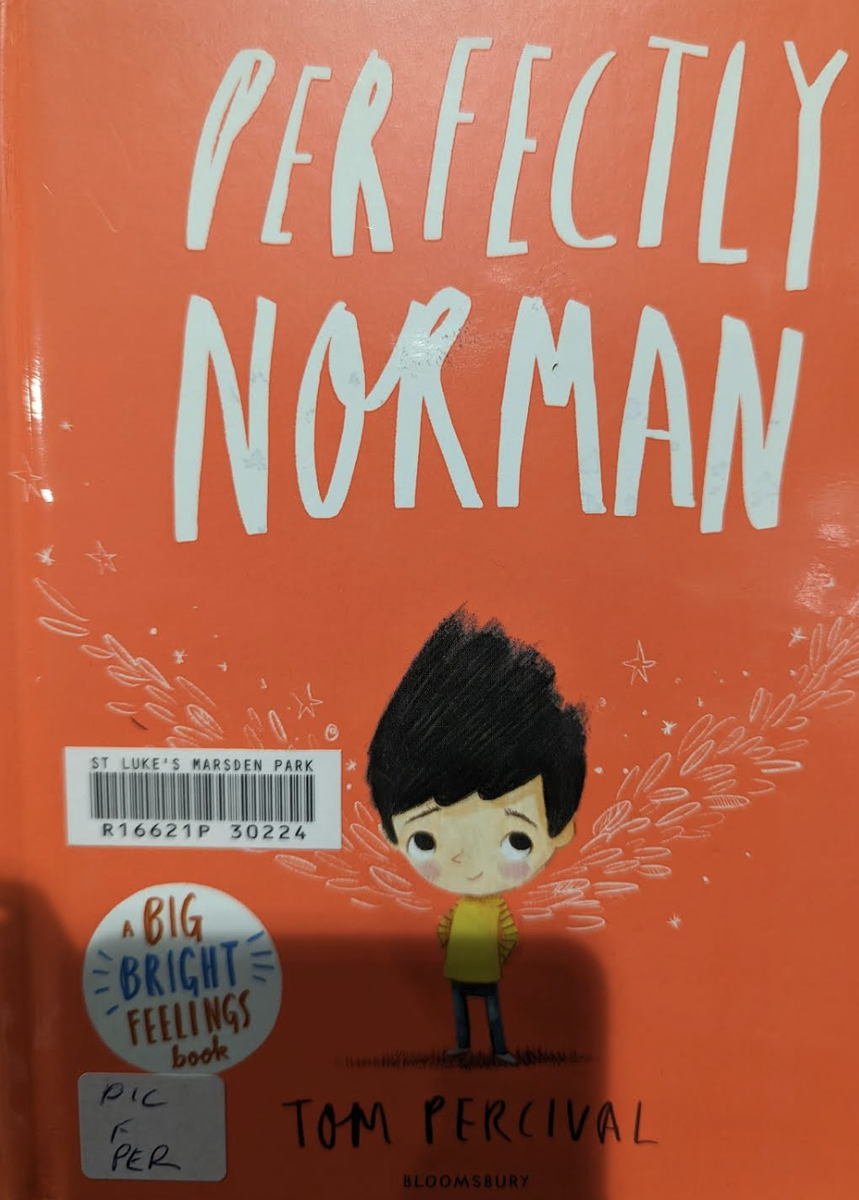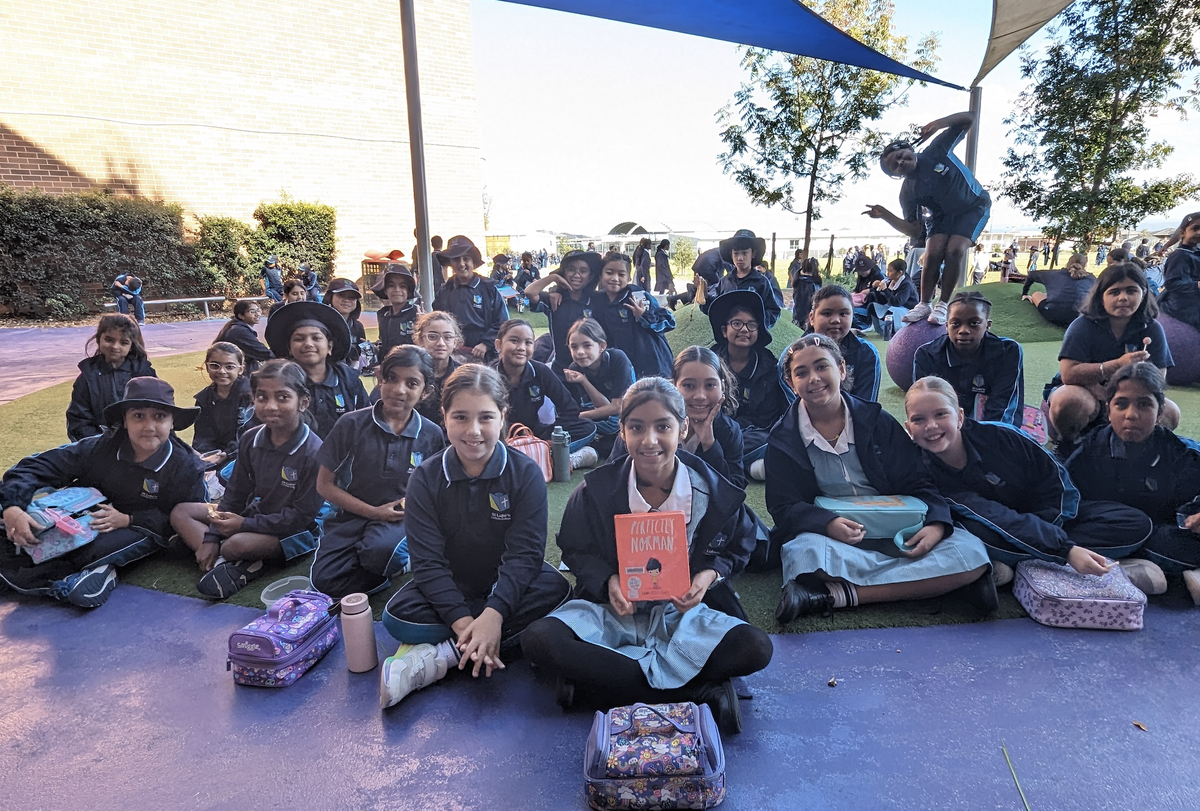Wellbeing
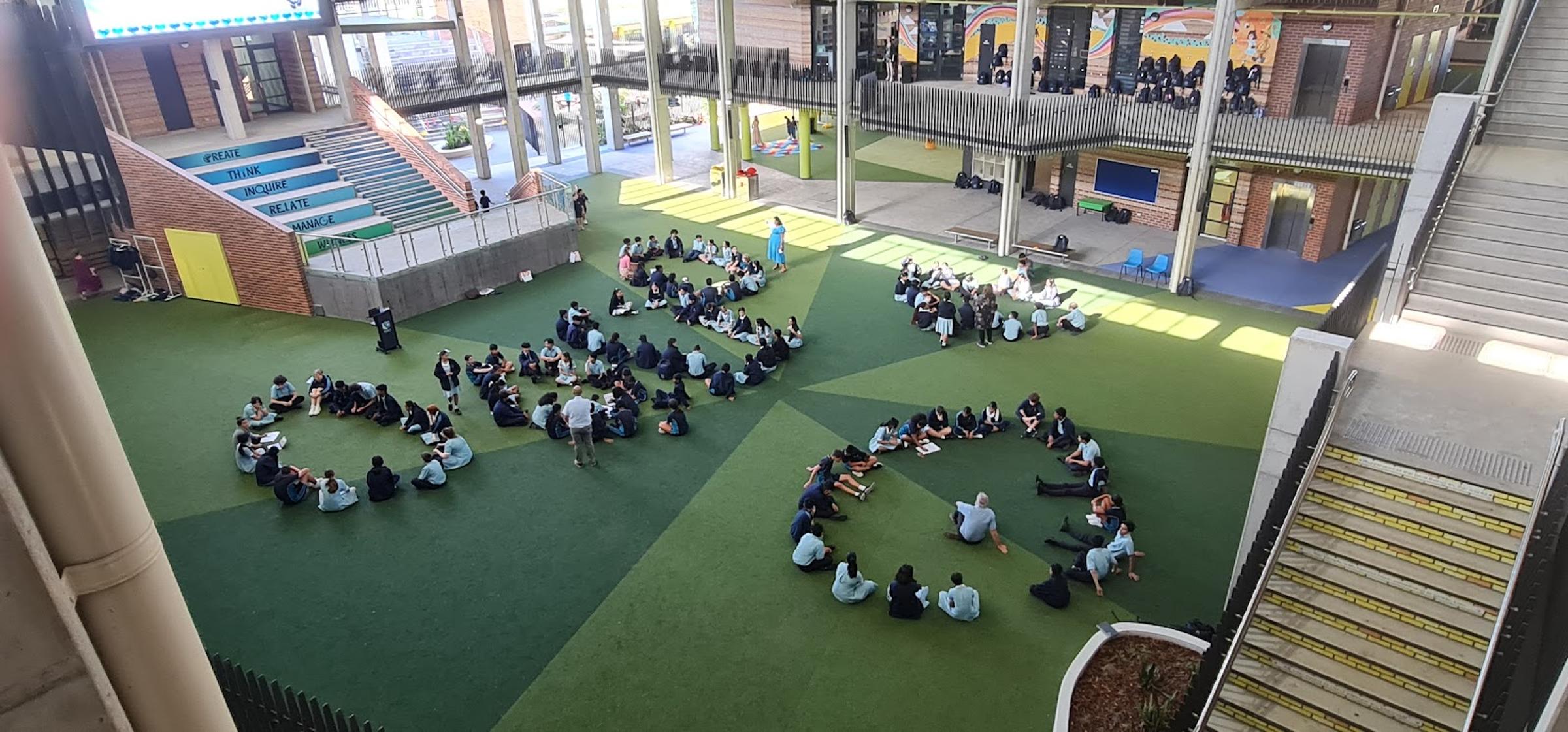
K-12 WELLBEING
Honouring Our Heroes: St. Luke's Students at ANZAC Dawn Service
We had the privilege of commemorating our nation's heroes at the ANZAC dawn service held at the Riverstone-Schofields Sub Branch. We are incredibly proud to share that 10 of our outstanding students represented St. Luke's College with dignity and respect.
Standing shoulder-to- shoulder with veterans and community members, our students paid tribute to the brave men and women who have served and sacrificed for our freedom. Their presence was a testament to the values of courage, resilience, and gratitude that we instill in our St. Luke's family.
As they laid wreaths and observed a moment of silence, our students exemplified the spirit of remembrance and unity that defines ANZAC Day. Their participation honours the legacy of those who have gone before us and reinforces the importance of honouring our past while looking towards a brighter future.
We extend our heartfelt gratitude to the students for their participation and to the Riverstone-Schofields Sub Branch for hosting this meaningful ceremony.
Lest we forget.
Archer F - Year 9
Leila H - Year 7
Camille D - Year 7
Joshua W - Year 7
Zac T - Year 6
Will H - Year 6
Rajvi B - Year 6
Sebastian P - Year 4
Christella S - Year 3
Norah P - Year 2
Lachlan M - Year 1
Senior Ethics Olympiad
Today, three year 10 students, Abha G, Gurnaaz M and Sudeep V have had the opportunity to represent St Luke’s Catholic College in the Senior Ethics Olympiad. As Eth-letes, these students versed a host of other schools to discuss 8 key ethical and moral cases and debate about the moral standings of each case. The students demonstrated deep insights and unique expressive perspectives to ensure the judges understood their moral standpoint. Cases included the ethical standpoints of sportswashing, #sharerenting, patient care, uses of AI, and the role of evil races in fiction. These were discussed through the lens of ethical theories such as utilitarianism, consequentialism, deontology, and liberalism. Each student is to be highly commended on their contribution to the team and the discourse engaged in today. We eagerly await the results of their participation. - Miss Rowena Chand (Senior Eth-letes coach)
“Today was a memorable experience that I am grateful to have been a participant in.” - Gurnaaz
“The Ethics Olympiad was a very new and interesting experience for me. Our team did really great and it was a fun opportunity.” - Abha
“Ethics Olympiad was a fun yet challenging competition that helped us reflect on modern social, political, philosophical and ethical issues.” - Sudeep
Empowering Youth: Year 11 Students Dive into Teen Mental Health First Aid
In a world where mental health challenges among young people are increasingly prevalent, the importance of equipping adolescents with the tools to support each other cannot be overstated. Recently, our Year 11 students embarked on a journey towards becoming mental health allies through the Teen Mental Health First Aid (Teen MHFA) program.
It's no secret that many young individuals grapple with mental health issues silently. The barriers to seeking formal support are numerous—stigma, fear, and misconceptions often stand in the way, leaving vulnerable youth feeling isolated and unsupported. Peer-to-peer support emerges as a critical component of community-based prevention and early intervention efforts. By educating young people and arming them with the skills to understand, recognize, and respond to mental health challenges, we pave the way for a more empathetic and supportive society.
Teen MHFA isn't just another program; it's a beacon of hope and empowerment for secondary school students. Tailored specifically for young minds in years 10 to 12, this training equips participants with invaluable knowledge, skills, and confidence to be there for their peers when it matters most.Throughout the program, our students delve into the intricacies of various mental health conditions commonly experienced by young people, including anxiety disorders, depressive disorders, eating disorders, and more. They learn to recognise the signs of distress and are empowered with practical strategies to intervene and offer support. By fostering open conversations and normalizing discussions around mental health, Teen MHFA not only breaks down stigmas but also cultivates a culture of empathy and understanding.
Facilitated by accredited instructors specialised in youth mental health, Teen MHFA is grounded in evidence-based practices and informed by real-life experiences. Its benefits extend far beyond the classroom:
- Accessibility: Available through schools and communities, Teen MHFA reaches adolescents where they live, learn, and socialize.
- Complementary Support: It complements adult mental health first aid training and existing mental health resources, creating a comprehensive support network.
- Improved Understanding: Participants gain a deeper understanding of mental health challenges, enhancing their ability to recognize and respond effectively.
- Reduced Stigma: By challenging misconceptions and fostering empathy, Teen MHFA contributes to a more inclusive and supportive environment.
- Enhanced Support Pathways: Students become better equipped to navigate support systems, including teachers, counselors, and mental health services.
- Social Connectedness: Through peer support, Teen MHFA fosters social connectedness and reduces feelings of isolation.
- Empowerment: By empowering young people to help each other, Teen MHFA instills lifelong mental health knowledge and skills.
The challenges faced by today's youth are complex, requiring a multi-faceted approach from families, schools, communities, and health systems. Through initiatives like Teen MHFA, we reaffirm our commitment to supporting and protecting young individuals, ensuring they can lead safe, fulfilling lives and realize their full potential.
Together, we're not just raising awareness—we're fostering a generation of empathetic, resilient, and empowered youth who stand ready to support each other through life's ups and downs
CLICK TO REGISTER FOR THE WEBINAR:
https://register.gotowebinar.com/register/1215418181488532309
Vaping: A Growing Health Concern for Young People
In recent years, vaping has emerged as a significant health concern, particularly among young people Vaping, the act of inhaling and exhaling aerosol produced by an electronic cigarette or similar device, has surged in popularity among adolescents and young adults. Fueled by enticing flavours and sleek marketing campaigns, vaping products have permeated schools, social circles, and online communities, luring in unsuspecting users with promises of a "safer" alternative to traditional tobacco products.
However, the reality is far from benign. Contrary to popular belief, vaping poses significant health risks, especially for young, developing bodies and minds. Among the myriad of concerns associated with vaping, several stand out as particularly alarming:
1. Nicotine Addiction: Many vaping products contain nicotine, a highly addictive substance that can rewire the adolescent brain, leading to long-term dependence and withdrawal symptoms.
2. Respiratory Issues: The inhalation of aerosolized chemicals can cause respiratory problems, including coughing, wheezing, and shortness of breath. Long-term exposure may increase the risk of respiratory illnesses and impair lung function.
3. Cardiovascular Effects: Nicotine and other chemicals found in vaping liquids can elevate heart rate and blood pressure, potentially contributing to cardiovascular issues and increasing the risk of heart disease.
4. Mental Health Impacts: Emerging research suggests a link between vaping and mental health issues among young people, including anxiety, depression, and mood disorders. The dual burden of nicotine addiction and mental health challenges can exacerbate each other, creating a vicious cycle of dependence and distress.
In light of these alarming trends, it's imperative that we take proactive steps to address the vaping epidemic and safeguard the health and well-being of our youth. This term, our school is launching a comprehensive wellbeing program specifically designed for Year 9 and 10 students. Rooted in evidence-based practices and tailored to the unique needs of adolescents, this program aims to equip students with the knowledge, skills, and support systems necessary to make informed choices and prioritise their health.
Through a combination of educational workshops, interactive activities, and peer support initiatives, students will learn about the dangers of vaping and develop preventative strategies to resist peer pressure and temptation. By fostering open dialogue and promoting positive coping mechanisms, we empower students to navigate the complexities of adolescence with resilience and confidence.
Understanding the nuances of social media and online gaming is crucial for parents guiding their children's online experiences.
PARENTS: This is for you. Most educators in pastoral care roles in schools will tell you the greatest amount of their time is spent responding to issues associated with the digital world. If you are a parent of a young person under the age of 13. Please read on.
Understanding the nuances of social media and online gaming is crucial for parents guiding their children's online experiences. Beyond age restrictions, the maturity level of a child greatly influences their interactions on these platforms. As much as your child tells you they are missing out if they are not on social media, hold them back until at least 13 years of age or older. Check the age ratings of online games. They are there for a reason.
While social media offers myriad benefits such as fostering creativity and connectivity, it also harbours risks such as cyberbullying and exposure to inappropriate content. Thus, parents must equip themselves with knowledge on how to navigate these complexities. The eSafety commissioner is a great resource. https://lnkd.in/gXZxW8eU
To assess a child's readiness for social media or online gaming, parents should pose key questions:
- Does the child understand online privacy?
- Can they handle negative and violent experiences constructively?
- Are they aware of the importance of safeguarding personal information?
If the answer to any of those questions is 'no', however you would still like to give your child access, then ask yourself these questions:
- Do I have time to sit next to my child and watch every interaction?
- Am I prepared to have a conversation around sex, pornography, sextortion and violence with my child?
- Am I prepared to put in very tight rules around use?
It is important to understand the way adults interact with social media and online gaming is very different to the way children and young people use it. Establishing clear rules and maintaining open communication are essential. Supervising a child's online activity initially, while gradually granting independence, strikes a balance between guidance and autonomy. We don't take a young person to a surf beach and say 'go for it'. We give them swimming lessons, talk about swimming between the flags, how to look for rips and when they are safe to go in the water on their own, we WATCH them.
Ultimately, fostering a safe online environment entails proactive engagement, mutual understanding, and ongoing dialogue between teachers, parents and children. Handing over a smartphone, hoping that your family values will be enough to protect is not enough. You are handing over access for your child to view and engage with EVERYTHING in the world.
Navigating these conversations thoughtfully, with your children is essential. Their lens is firmly fixed on opportunity. We do not expect a young person to think like an adult. It is your job to bring the lens of risk and putting guard rails in place where required. Good luck and best wishes.
Year 5 and 8 Peer Companions
During Term 2 students from Year 5 will continue to be involved in the Peer Companion Program led by our Year 8 leaders. Every few weeks, groups of students will meet with 2 Peer Companions and work through a range of activities that focus on resilience. Meeting in small groups allows meaningful connections to form, assisting students with the transition to Year 6 and secondary school. Students will acknowledge their strengths and achievements, identify people who support them, and learn how to view challenges as opportunities for growth.
Sexual extortion is a serious online concern, especially for young people. But what exactly is it, and how can you support your child if they’re targeted?
What is sextortion? Sexual extortion or ‘sextortion’ is a form of blackmail that usually originates via a dating app or social networking site. It involves criminals using fake profiles to pose as someone charming and flirtatious to manipulate their targets into sharing nude images or videos of themselves. Then, they threaten to share the compromising material unless the person complies with their demands. These criminals are increasingly targeting people, especially young men.
What can I do? As parents and carers, we encourage you to play an active role in your child’s online life. Having conversations, being curious and getting involved can help anticipate when they might need support and advice. If you’re unsure how to start conversations about these topics, read our advice on how to chat with them about sending nudes and sexting.
If your child has been targeted, reassure them that it is not their fault, there is help available, and you can help them make a report. These criminals are practised in the art of manipulation and know how to isolate, shame and corner children.
Here’s what you and your child can do:
- Cease all communication with the blackmailer – Stop all contact and do not pay the blackmailer or provide any more intimate content.
- Seek additional support – If your child needs further support, they can contact Lifeline or Kids Helpline 24/7 for immediate assistance.
- Report the incident – If they’re under 18, report it to the Australian Centre to Counter Child Exploitation. If they’re over 18, report it to the platforms where the blackmailer contacted them. If their intimate image or video is shared, or the platform doesn't help, report it to eSafety.
- See more here
Cumberland City Council is launching its Youth Hub at Merrylands Library. Schools may wish to promote this program to students and families.
The Youth Hub is a one-stop shop that will offer a range of free and accessible support to young people. No bookings are required.
- When? Launching on Thursday 16 May, sessions will be held on the first and third Thursday of each month, from 2:00pm to 5:30pm.
- Where? Merrylands Library, Newman St &, Miller St, Merrylands. A 5 minute (400m) walk from Merrylands station.
- Who? Support and referrals will be available for young people aged 12 - 25 years.
Services include:
- Employment support
- Counselling and family services
- Centrelink information
- Housing support
- Education and learning advice
- Language support.
For more information about Council’s Youth Hub visit: https://www.cumberland.nsw.gov.au/youth-hub.
Storytime at Adventure Playground
"Perfectly Norman" by Tom Percival is a heartwarming children's book that celebrates individuality and self-acceptance. The story follows Norman, a young boy who is perfectly ordinary in every way until one day he grows a pair of magnificent, colorful wings. At first, Norman is thrilled with his newfound ability to fly, but he soon becomes self-conscious and worried about what others will think. Through the support of his friend and his own journey of self-discovery, Norman learns to embrace his uniqueness and find the courage to be himself, wings and all. The book delivers a powerful message about acceptance, diversity, and the beauty of being true to oneself.
The story Perfectly Norman, was about how he was normal, but one day he grew wings, he hid them because he thought people would make fun of him. But, then he started to feel hot and uncomfortable. Playing was hard, swimming, and car rides. One day someone was bullying and trying to make him take his and so he had to run away sad and mad. That's when he had not been fearful because of the wings but the coat so he took it off and flew. That's when he saw other people with big coats, when they saw Norman in the sky they took off their coats and it was like a world with people flying in the sky.
What I loved about this book is that it teaches that it is okay to be unique and if you show your real self you are a brave and fearless person.
What I love about storytime is that most of the books teach you about something, like you should be brave or fearless, it teaches you to be yourself and to not try to fit in because you will find the place you will belong.
Thanks,
Shanaya A (Malala)
Mr Chris Bettiol
Leader of Wellbeing, Growth and Development (K-12)


